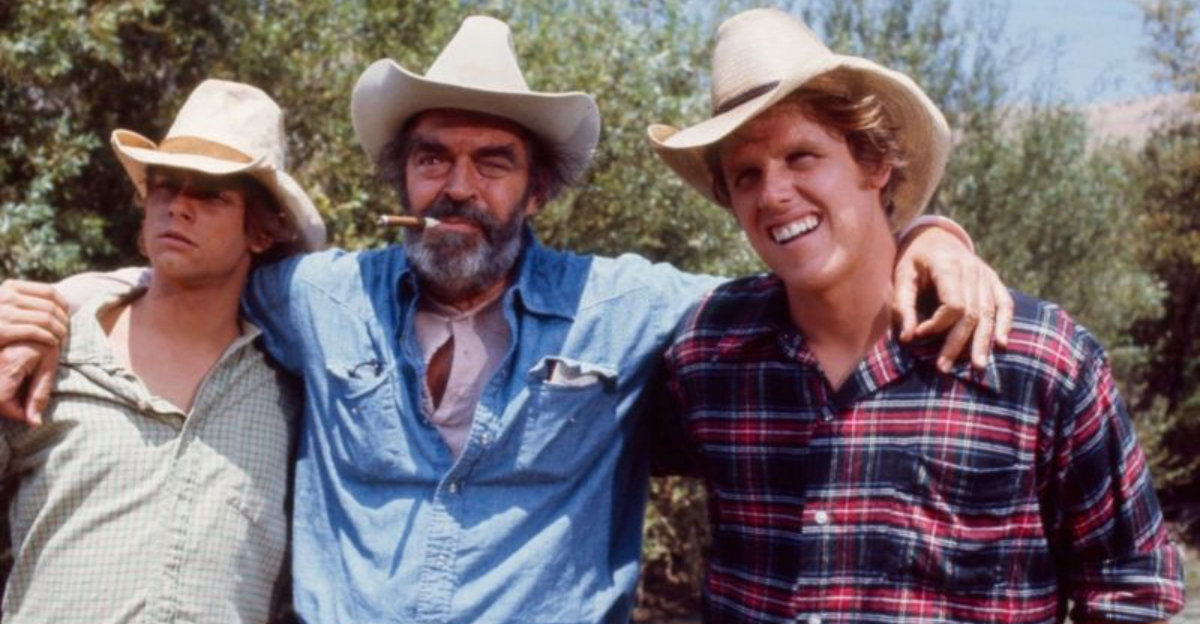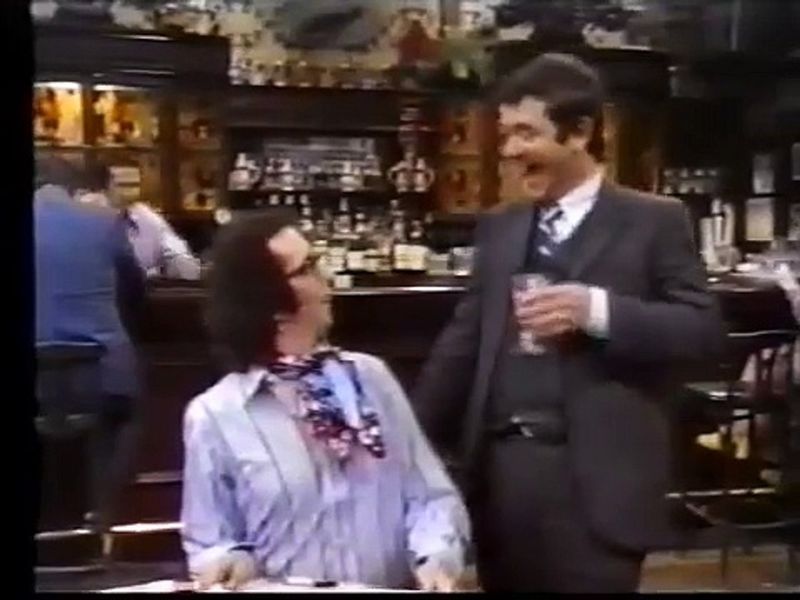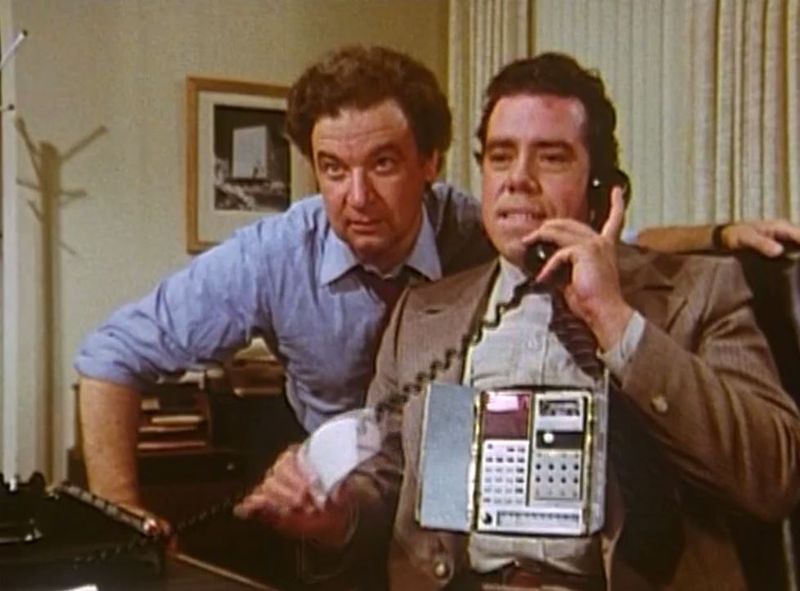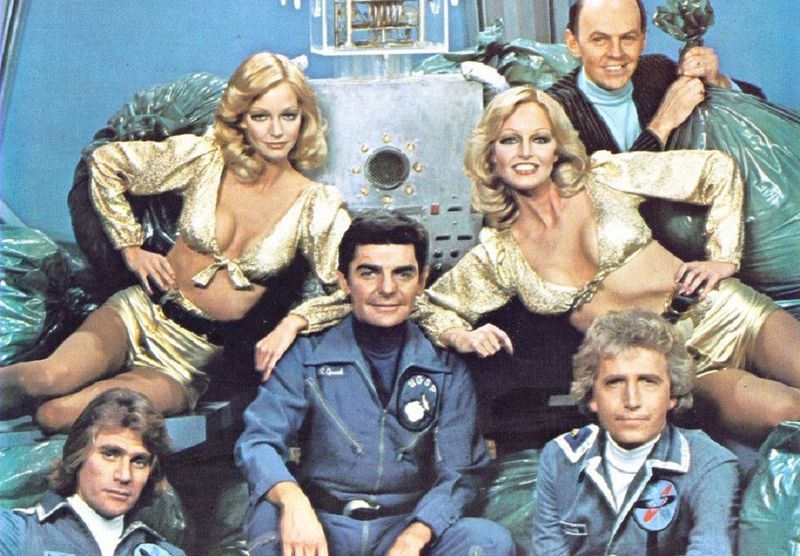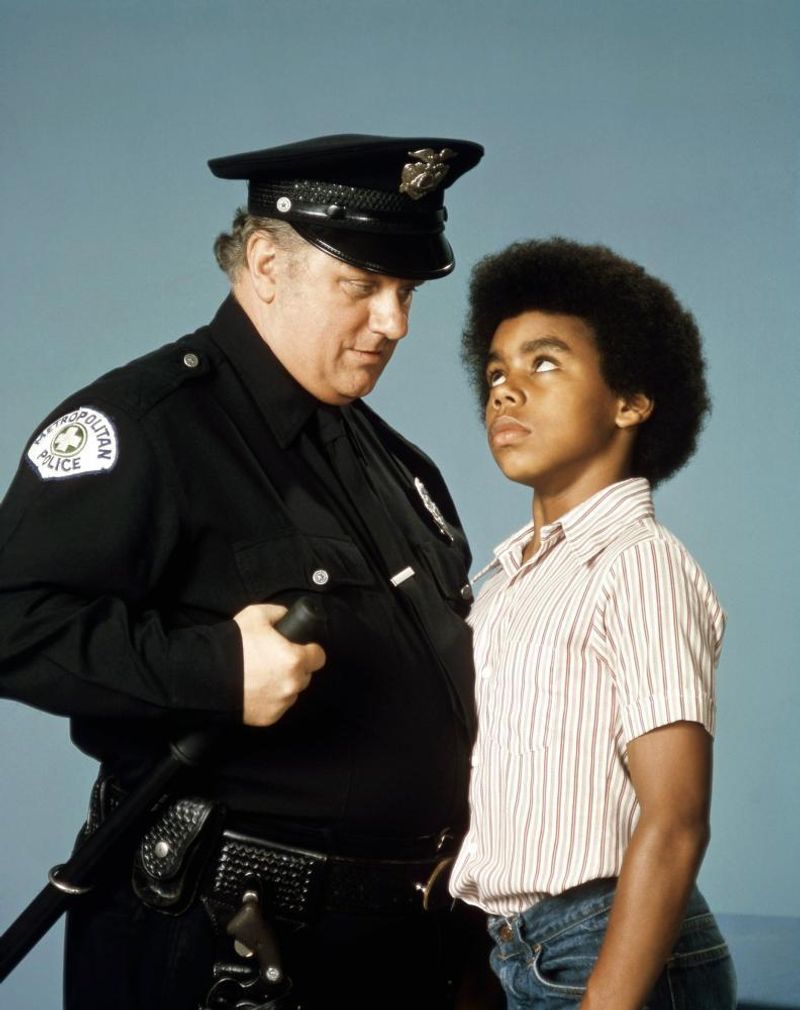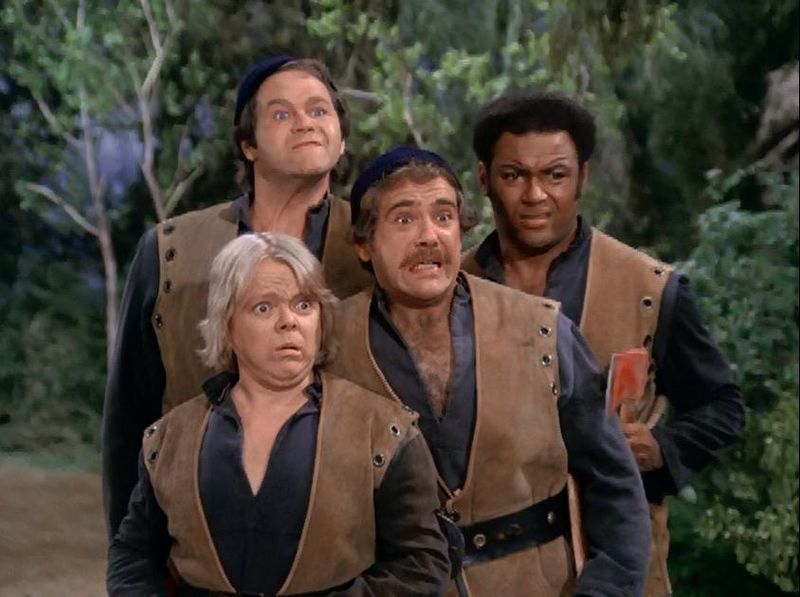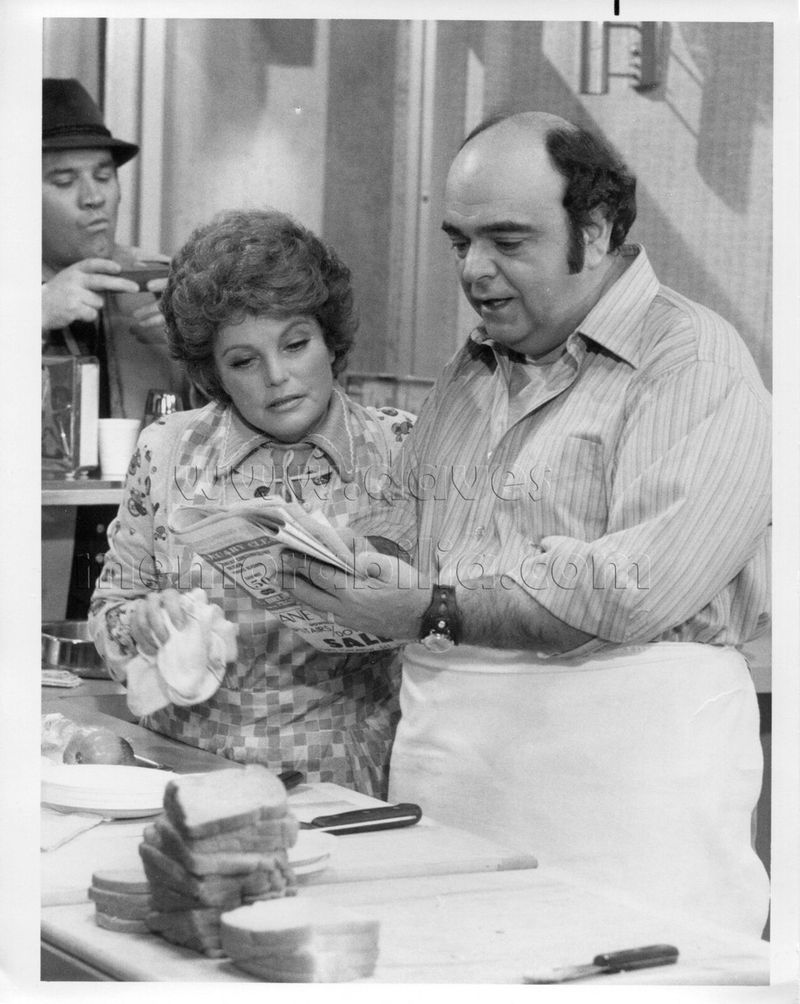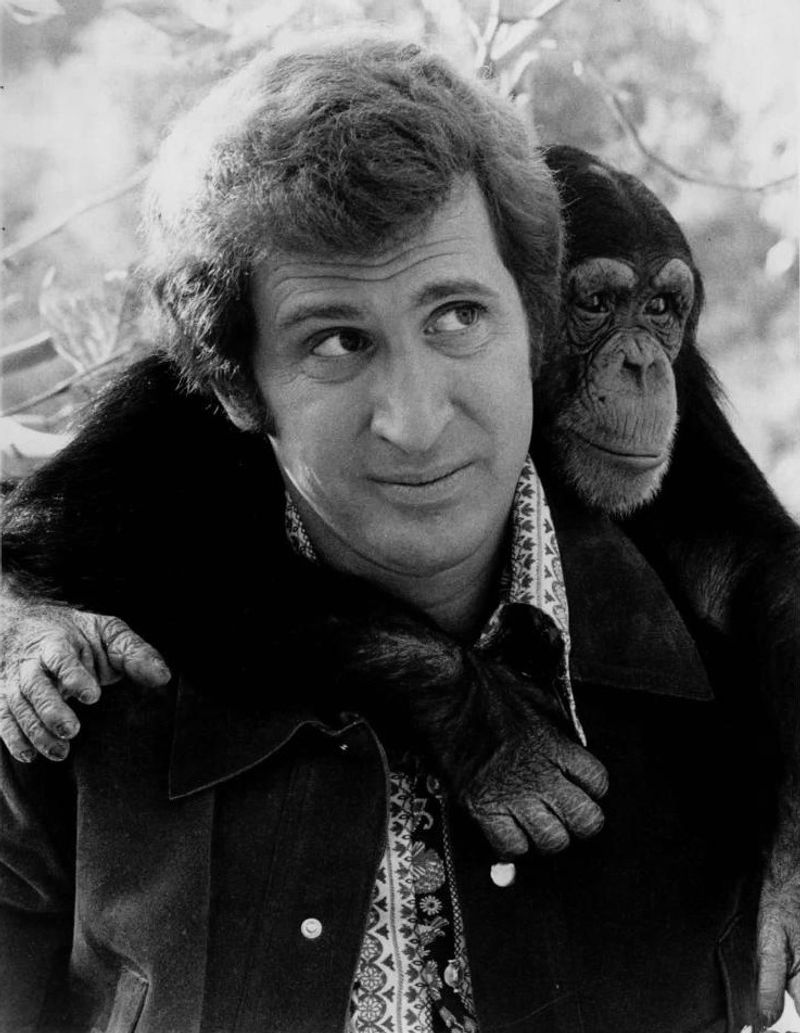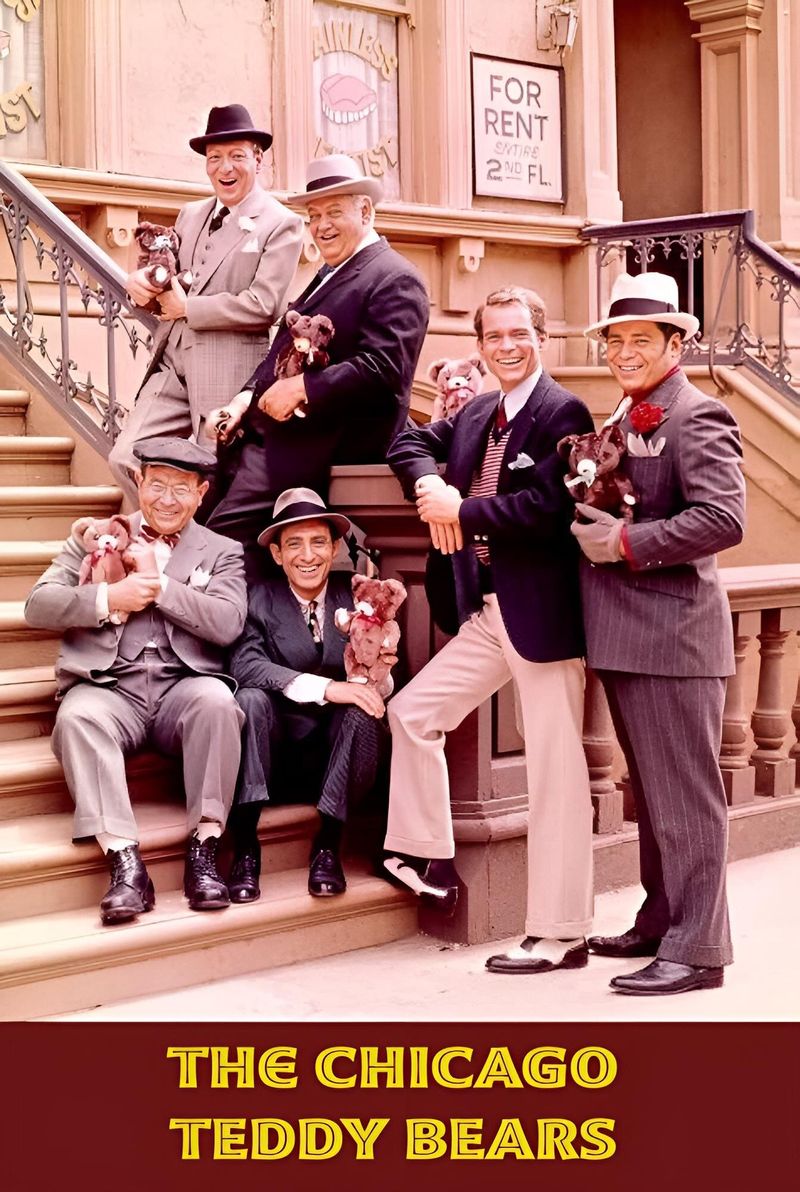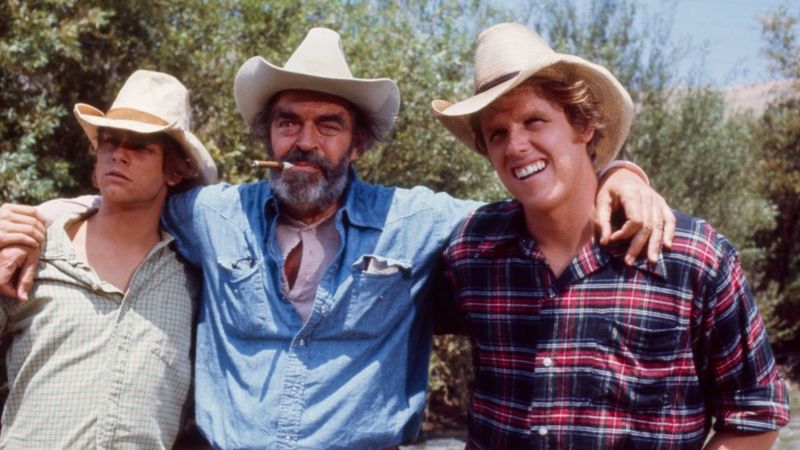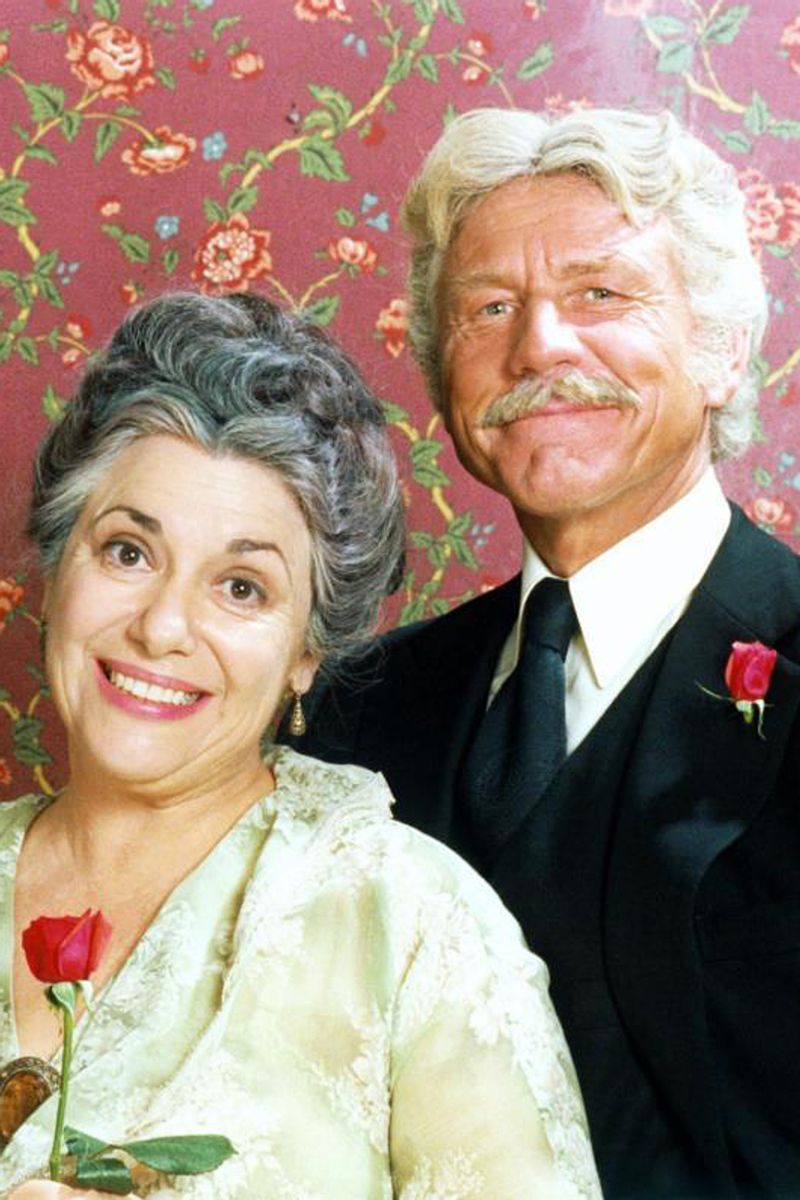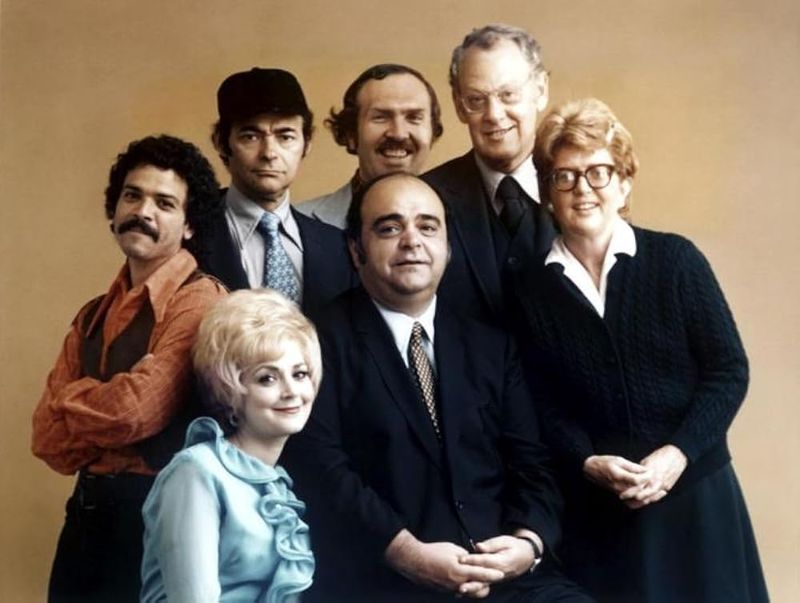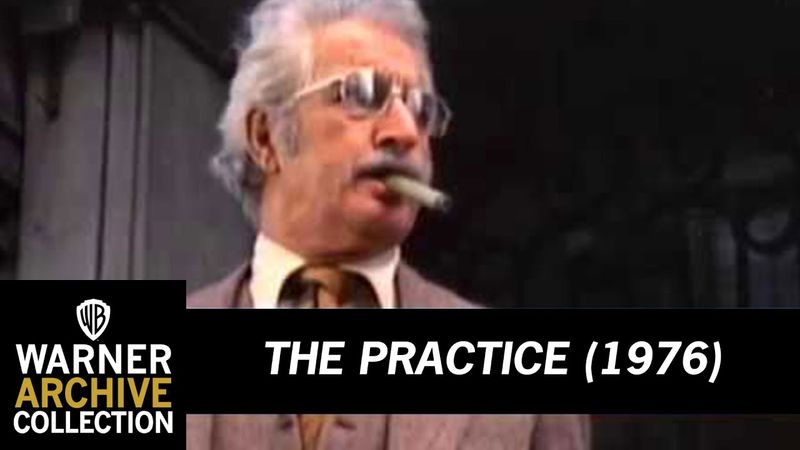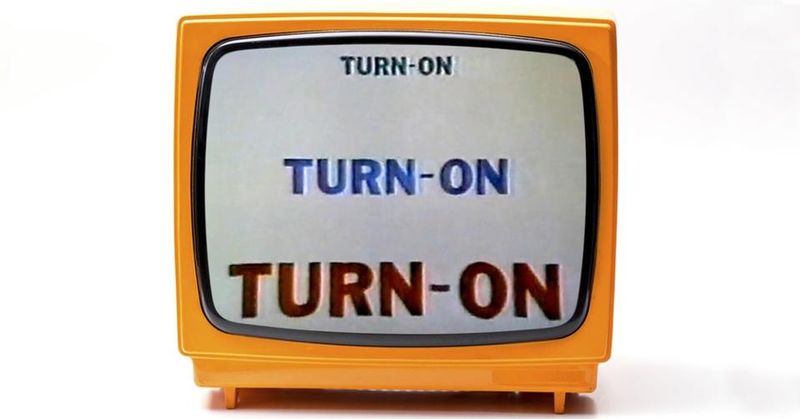The 1970s television landscape was crowded with sitcoms competing for viewers’ attention. While shows like All in the Family and The Mary Tyler Moore Show became household names, many quirky series disappeared almost overnight. Despite their brief runs, these canceled gems left lasting impressions through their innovative concepts, boundary-pushing characters, or simply their spectacular failures. Here’s a nostalgic look at 13 short-lived ’70s sitcoms that somehow managed to stick in our collective memory.
1. The Corner Bar (1972-1973)
Before Cheers made everyone know your name, this Greenwich Village watering hole sitcom pioneered the bar-as-community concept. Notable for featuring one of TV’s first openly gay characters played by Vincent Schiavelli, the show lasted just 16 episodes.
Its diverse characters and relaxed atmosphere were revolutionary for early ’70s television. The series tackled social issues while maintaining a light touch, making it an ahead-of-its-time predecessor to countless bar-centered comedies that followed.
2. Holmes & Yoyo (1976)
Imagine a buddy-cop show where one partner was literally mechanical! Detective Alexander Holmes got paired with Gregory “Yoyo” Yoyonovich, an android so poorly built he sparked when wet and had a habit of malfunctioning at the worst possible moments.
Despite lasting only 13 episodes, this oddball comedy developed a small cult following. Its bizarre premise—combining police procedural with robot slapstick—was simply too weird for mainstream 1976 audiences but would have felt right at home in today’s quirky television landscape.
3. Quark (1977-1978)
Created by “Get Smart” genius Buck Henry, this sci-fi spoof followed Adam Quark, commander of an interstellar garbage scow. His crew included a plant-human hybrid, cloned twins constantly fighting for attention, and a gender-shifting engineer.
The show mercilessly parodied Star Trek tropes years before Galaxy Quest. Though it survived just 8 episodes, its ambitious special effects and absurdist humor earned it cult status. Science fiction fans still reference its bizarre characters and situations as pioneering comedy that was simply too weird for its time.
4. The Cop and the Kid (1975-1976)
Hardened detective Charles “Kootch” Kuzinski’s life turned upside down when he became guardian to streetwise orphan Marvin. Their unlikely father-son dynamic created both heartwarming and humorous moments across 13 brief episodes.
Charles Durning brought gruff warmth to Kootch, while young Tierre Turner delivered surprising emotional depth as Marvin. The show tackled serious issues like racism and urban poverty with unexpected nuance. Many consider it the spiritual predecessor to the more successful “Diff’rent Strokes,” which would debut just two years later.
5. When Things Were Rotten (1975)
Comedy legend Mel Brooks brought his signature zaniness to this Robin Hood parody years before his film “Men in Tights.” The show packed more jokes per minute than almost anything on television, featuring ridiculous anachronisms and fourth-wall breaks galore.
Dick Gautier’s Robin led a band of incompetent Merry Men against Bernie Kopell’s hilariously evil Sheriff. ABC canceled it after just 13 episodes, but Brooks recycled many gags for his 1993 film. The series represents a fascinating bridge between Brooks’ earlier work and his later career, making it a treasure for comedy historians.
6. The Dumplings (1976)
Joe and Angela Dumpling ran a diner while celebrating their unapologetically plus-sized bodies and joyful marriage. Starring James Coco and Geraldine Brooks, this Norman Lear production dared to present overweight characters as happy, successful, and loving.
Canceled after just 9 episodes, the show was revolutionary in its body-positive approach. The Dumplings’ warm relationship and entrepreneurial spirit challenged stereotypes decades before mainstream media began embracing size diversity. Its progressive message makes it stand out among forgotten ’70s comedies as truly ahead of its time.
7. Me and the Chimp (1972)
Dentist Mike Reynolds made the questionable decision to bring home Buttons, a chimpanzee rejected from the space program for being too mischievous. What could possibly go wrong? Everything, apparently, as the primate wreaked havoc on the family’s suburban existence.
Ted Bessell (from “That Girl”) struggled valiantly against his simian co-star. Critics savaged the show’s premise and execution, with one famously writing it was “aimed at the intelligence of a slightly retarded sheepdog.” Despite lasting 13 episodes, it’s remembered primarily as one of TV’s most bizarre missteps.
8. The Chicago Teddy Bears (1971)
Prohibition-era Chicago served as the unlikely backdrop for this gangster comedy. Dean Jones starred as Linc McCray, who inherited a speakeasy and attempted to run it with his bumbling relatives while avoiding both the law and serious mobsters.
The show’s unique period setting featured impressive production design rarely seen in sitcoms. Its strange blend of historical comedy and family dynamics never found an audience, lasting just 13 episodes. Yet it remains fascinating as television’s rare attempt to mine Prohibition for laughs, predating shows like “Boardwalk Empire” by decades.
9. The Texas Wheelers (1974-1975)
Jack Elam brought his wild-eyed intensity to television as Zack Wheeler, possibly the world’s worst father. After their mother died, his four children found themselves saddled with dad’s return—a lazy, scheming drifter with big dreams and zero work ethic.
The show featured early performances from Mark Hamill and Gary Busey before their breakout roles. Its unsentimental portrayal of rural poverty and family dysfunction was unusually dark for ’70s comedy. Though it lasted just 8 episodes, critics praised its authentic characters and willingness to avoid easy punchlines and sitcom clichés.
10. The Montefuscos (1975)
Sunday dinner became a weekly battleground for this boisterous Italian-American family. The show centered on their gatherings where three generations argued, laughed, and loved with equal passion and volume.
Created by a team including Phoebe Ephron (Nora’s mother), the series attempted to portray Italian-American life beyond mob stereotypes. Its authentic family dynamics earned praise, but viewers tuned out after just 6 episodes. The Montefuscos represented an early attempt at ethnic-centered comedy that would later flourish with shows like “Everybody Loves Raymond.”
11. Calucci’s Department (1973)
Set in a New York City unemployment office, this workplace comedy starred James Coco as Louis Calucci, a compassionate civil servant trying to help clients navigate bureaucratic nightmares. A young Judd Hirsch co-starred years before his “Taxi” fame.
The show dared to find humor in unemployment during a recession. Its working-class setting and diverse characters made it unusually realistic for early ’70s television. Though it lasted just 8 episodes, its willingness to address economic hardship through comedy presaged later workplace sitcoms set in government offices.
12. The Practice (1976-1977)
Television legend Danny Thomas returned as Dr. Jules Bedford, a cranky but dedicated physician running a neighborhood practice in a working-class area. His old-school approach to medicine clashed with his son’s modern methods in their shared office.
The show attempted to balance medical drama with family comedy, predating more successful doctor sitcoms. Though it lasted just 6 episodes in its original run, NBC later revived and retooled it briefly. The Practice showcased Thomas’ considerable talents in what would be his final starring television role, making it a noteworthy coda to a remarkable career.
13. Turn-On (1969)
Technically premiering in 1969, this show deserves inclusion for its spectacular failure. Intended as a hipper version of “Laugh-In,” its rapid-fire jokes and sexual innuendo proved too shocking for audiences. Some stations yanked it during its first commercial break!
The psychedelic, counter-culture comedy featured rapid cuts, electronic music, and risqué humor that bewildered viewers. Its single episode makes it television’s most infamous flop. Turn-On’s legacy lives on as the benchmark for disastrous TV premieres, with television executives still using it as a cautionary tale about pushing boundaries too far, too fast.
